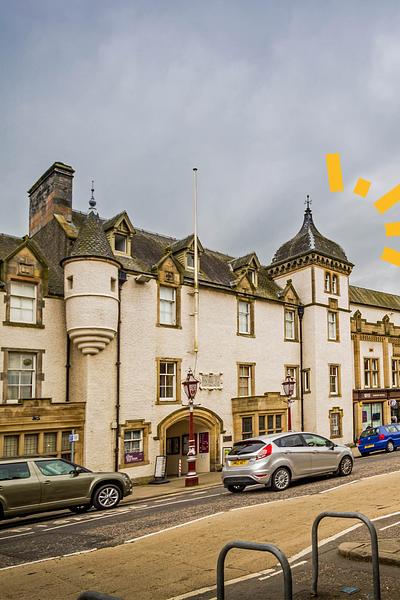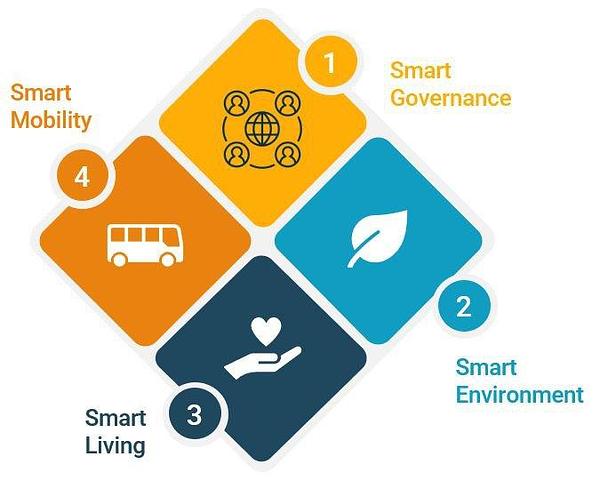
Smart Places is the term that is used to describe a town, a city, a village or even a community that is using data and emerging technology like IoT to address various local challenges such as minimising waste, optimising energy usage or reducing congestion.
The concept of Smart Cities is well established, with many successful examples of cities globally and within the UK using intelligent technology to enhance the quality of life in urban environments. This is made possible by combining existing datasets with new data captured by Internet of Things (IoT) devices, allowing nearly all elements of the urban landscape - including transit networks, energy grids, lighting systems and parking monitors – to wirelessly broadcast their state and activity in real-time. This enables dynamic monitoring of the enviroment, helping to predict issues before they occur and optimising the delivery of resources or services to match demand.
But we shouldn't stop at just making cities smart...
Like cities, today’s towns and rural communities need to adapt in order to respond to the global challenges of climate change, population growth, demographic changes, urbanisation and resource depletion.
By leveraging the work of pioneering cities, Smart Places have an opportunity to select the tools and processes that best meet their individual needs.
By adopting a Smart Places approach, towns can expect to achieve similar benefits to those of cities, enabling finite resources to be optimised whilst improving the quality of life for citizens and ensuring effective management of the local environment.
There are challenges for towns and rural communities, however, as they may lack the experience or resources needed to take such initiatives forward, with attention from the market remaining largely focussed on cities.
It should also be noted that significant funding opportunities exist to support such projects, which can be aligned with existing Government programmes.
- Improving health social outcomes, by enhancing the quality and efficiency of local service delivery.
- Growing the economy, through innovation, attracting investment and creating jobs.
- Improving the local environment, through effective waste management, and reducing pollution and carbon emissions.
We would be your strategic partner that would evaluate and develop the most appropriate smart use case/cases for your town or rural community by:
- Conducting an audit of your current infrastructure and identifying areas that could be improved by smart technology
- Evaluating the economic, social and environmental benefits of Smart Town initiatives
- Creating a business plan that would justify the investment in new smart infrastructure
- Developing an assurance and implementation plan to ensure smooth deployment and use of the new smart technology.
These are some of the themes that we would look at to determine the best smart use cases for your area. For example, Smart Mobility theme includes looking at smart parking, smart shared cycling infrastructure and other public transport solutions.

Receive our brochure with the full Smart Places framwork and learn how FarrPoint could help you develop a smart places strategy.
Connectivity is important. It drives business and society, bringing communities and commerce together. That's why we use our insight and experience to connect people and business.